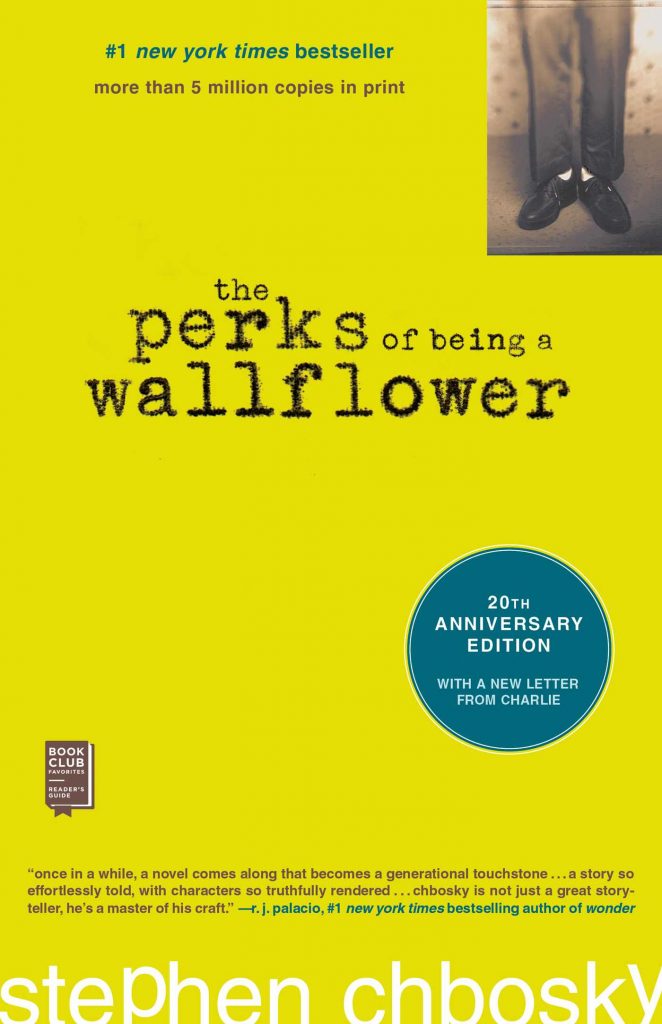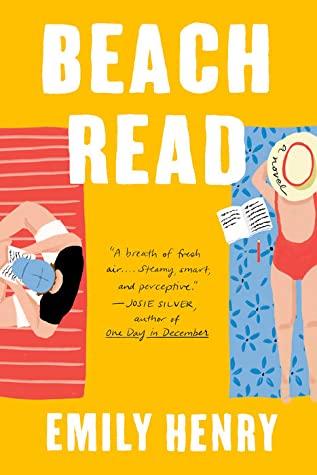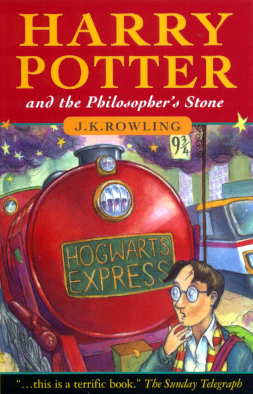 It seems that no matter how old you get, and how removed from school you are, September always feels like a new beginning—a fresh start of sorts, a promise of exciting new possibilities. That newly crisp chill in the air says “new year, new me” way more than New Year’s Day, when I’m typically lying on the couch with a headache and regrets. It’s a time for new shoes, new clothes, new stationary supplies. At the same time, I return to hallowed fall rituals, like rewatching Gilmore Girls and baking apple crisps. One of my more personal traditions is re-reading the YA classic The Perks of Being a Wallflower, which to me is the embodiment of autumn-tinged nostalgia; a blend of looking back in fondness and looking forward in anticipation. Usually, I feel inspired and emotionally fortified by this re–read. But this year, it went a little differently.
It seems that no matter how old you get, and how removed from school you are, September always feels like a new beginning—a fresh start of sorts, a promise of exciting new possibilities. That newly crisp chill in the air says “new year, new me” way more than New Year’s Day, when I’m typically lying on the couch with a headache and regrets. It’s a time for new shoes, new clothes, new stationary supplies. At the same time, I return to hallowed fall rituals, like rewatching Gilmore Girls and baking apple crisps. One of my more personal traditions is re-reading the YA classic The Perks of Being a Wallflower, which to me is the embodiment of autumn-tinged nostalgia; a blend of looking back in fondness and looking forward in anticipation. Usually, I feel inspired and emotionally fortified by this re–read. But this year, it went a little differently.
The Perks of Being a Wallflower celebrated its 20th anniversary last year, published in 1999 by MTV Books at a time when MTV was still an important part of youth culture (Daria was still on the air at this point, very formative for little me). The plot is simple: Charlie is a high school freshman coming out of a dark period, who vows to turn his life around in high school by really living. Quickly making friends with seniors Sam and Patrick, Charlie’s first year of high school is an emotional ride full of love and trauma. The book is told in epistolary format, entirely composed of Charlie’s letters to a mysterious “you.” Who he is writing to is never made clear, nor does it matter. Since 2004, Perks has made scattered appearances on America’s Top 10 Most Challenged Books Lists for a bevy of typical reasons, namely “drugs/alcohol/smoking, homosexuality, offensive language, sexually explicit, unsuited for age group.” This doesn’t even mention the exploration of mental illness and suicide. So basically, all the things that would attract young readers trying to figure out the world and their place in it.
The beautiful thing about this book is that it ages well. It’s situated in the early 90s, but it’s vague enough in period details and honest enough in its humanity that it appears timeless (well, except for the mixtapes, but who doesn’t love a mixtape?). For younger readers, Perks is like a warm, reassuring hand, guiding them through the most confusing and sometimes the most difficult years of their lives. For adults, it can be just as powerful; like holding in your hands a physical manifestation of memory. I didn’t read the book until my university years, and it still hit me like a truck. Though Charlie is technically only 15 by the book’s end, he has the wisdom of a much older, highly observant adult. “This moment will just be another story someday,” he says, commenting on a football player who just scored a touchdown, and later, “Maybe it’s sad that these are now memories. And maybe it’s not sad.”
 I had a discussion with a friend recently about what makes someone associate a movie with a
I had a discussion with a friend recently about what makes someone associate a movie with a  Today is Harry Potter’s (and his author’s) birthday, and
Today is Harry Potter’s (and his author’s) birthday, and